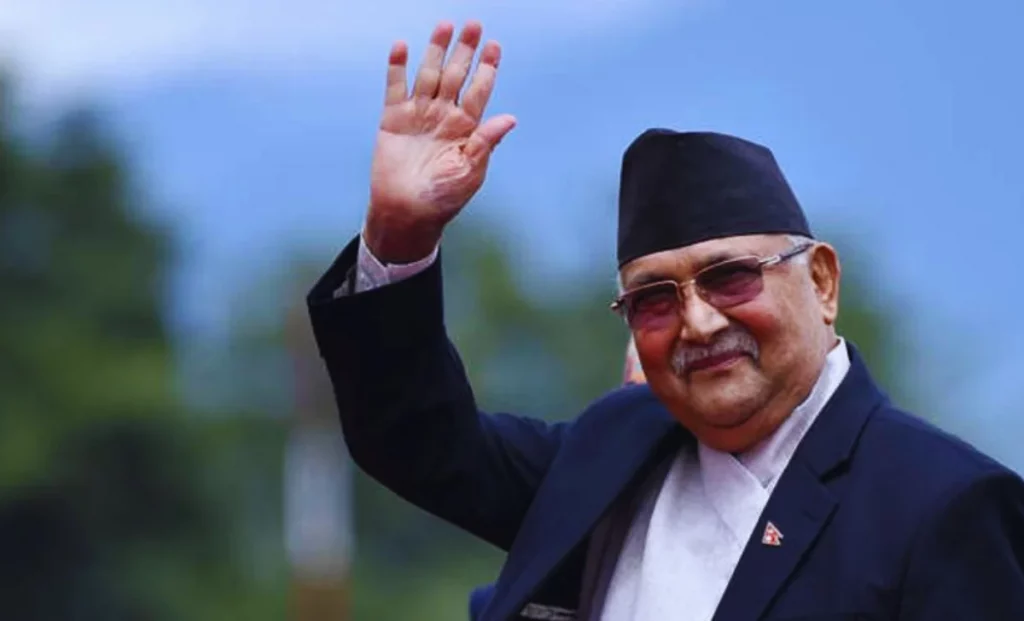When a country is forced to get 14 governments in the span of 16 years, it shows it has a poor, dysfunctional democracy in which political parties seem to be interested more in feathering their own nests than working for the well-being of the people who elect them to rule. This is the fate of democracy in Nepal that abolished a 239-year-old monarchy in 2008 and embraced parliamentary democracy.
Now, it is set for a new coalition government led by KP Sharma Oli after the ultra-Left Prime Minister Pushpa Kamal Dahal lost a parliamentary vote of confidence. It marked the end of a tumultuous 20-month tenure during which he had faced no-confidence five times, including the last one. He had survived the previous tests by frequently changing his allies to cling to power with his party, Communist Party of Nepal (Maoist Centre) having even the lowest tally among the three main contenders.
Dahal was forced to either resign or prove his majority in parliament after his largest ally, the liberal Communist Party of Nepal (Unified Marxist-Leninist), led by Oli, withdrew support last week. Oli is an old player who also knows the tricks or the art of forming coalitions to hang on to power. He has been Prime Minister thrice before. Now, as he is sworn in, he gets the stint for the fourth time. He struck a deal with the centrist Nepali Congress (NC) only a few weeks back. This gives him enough seats for a majority. According to this deal, Oli is to remain PM for half of the remaining term, while the former five-time PM Sher Bahadur Deuba of the NC will replace him for the rest of the period. Nepal’s next general elections are due in 2027.
Dahal needed at least 138 votes in the 275-member house to retain power. His fate was sealed after he parted company with Oli. In the end, a total of 63 of the 258 lawmakers present in the chambers voted for him, 194 voted against, and one abstained. In his third term as prime minister, which began in December 2022, Dahal changed his main coalition partner three times.
Just as his final fall was predictable with the NC and the CPN (UML) joining hands, so also was his criticism ahead of the vote on no-confidence that Oli’s coalition was against “democratic practice.” NC is the largest party in parliament and CPN (UML) is the second largest. He expressed fear that the new government may turn regressive and authoritarian. Such high sounding words do not mean much in Nepal politics as the country remains an inchoate democracy.
Nepal’s politics is closely monitored by both India and China. India is likely to gain as long as NC influences the government policies, whereas China prefers a Communist government in place to serve its interests. Oli is an astute leader who previously maintained a fine balance between the two giant Himalayan neighbours, though he is tilted towards China to decrease Nepal’s dependence on New Delhi.
Nepal has for the past one and a half decade been plagued by a revolving door of ageing prime ministers and a culture of horse-trading has fuelled public perceptions that the government is out of touch with Nepal’s pressing problems. Though Oli is an old face in parliament, he is confronted with new challenges. Observers are now keeping a watch on whether the new government will be more democratic and work well for the Nepali people or could it turn autocratic since the two alliance partners have between them the strength of numbers.
